You may have read or heard that the UK Gambling Commission requires all online gambling platforms to segregate player funds into a bank account separate from its operator’s day-to-day funds. However, did you know that casino operators can choose the level of how the segregate your funds? In fact, operators can choose not to protect your funds. We look into why the level of segregation used by your iGaming operator matters and how it affects you.

Image courtesy of hoowy.kp on Vecteezy
Table of Contents
What is a casino operator? If you are unsure why we are using the term ‘operator’ instead of online casino, you quickly learn the difference between an online casino and an online casino operator via our What is an iGaming Operator? Guide.
What is the UKGC Segregation of Funds?
Under the Gambling Act 2005, there is a rule under the UKGC’s License Conditions and Codes of Practice (LCCP) that states online gambling operators must disclose fund protection levels. We will cover the four levels of protection below so you know exactly what to look for when choosing a UK online gambling site.
To make sure you fully understand what this means, here are a couple of bullet points:
- As per the LCCP rule, operators can choose whether or not to segregate your funds.
- Some choose a Not protected – No segregation option, which means your funds are not protected.
Why does the UK insist on the segregation disclosure rule?
The rule to disclose how operators segregate funds has been put into place to protect UK online casino players before choosing to sign up for an iGaming website regulated by the UKGC.
If you know you are going to deposit to an online casino or sports betting platform, you can make a better decision by understanding whether your funds are protected or not.
| Understanding whether your funds are protected or not can: |
|---|
| Influence when you decide to withdraw. |
| Influence how much money you are comfortable with leaving as a casino balance. |
| Influence which online casino or gambling platform you decide to sign up for. |
How does casino balance segregation protect your balance?
Suppose an operator chooses to ‘Protect’ your funds. In that case, if the operator becomes insolvent or bankrupt, the idea is that creditors (money owed by the operator) or auditors cannot designate player balances (your money) to pay off any debt or business expenses owed to other companies.
Instead, the idea is that your balance is recoverable regardless of the operator or casino’s financial situation.
| The importance of choosing a casino that protects your balance: |
|---|
| Effectively, a casino that protects player balances ensures UK gamblers can still access their balance if an operator/casino brand regulated under the UKGC needs to close due to financial problems. |
| Protected funds are not counted as part of the operator’s balance sheet, and therefore, the operator or casino brand does not own these funds. |
What happens if your UK online casino goes bankrupt? Read our guide to How To Withdraw From A Closed Online Casino. It covers why online casinos can become bankrupt, dispels myths about why operators close and helps you understand the grace period so you can withdraw your funds.
The Four Levels of UK Player Fund Segregation
In this section, we cover the types of segregation UK gambling operators use and how each option affects you as a player.
1. Not Protected – No Segregation
In the UK, if a gambling establishment is not an online entity, then you are essentially making over-the-counter payments or playing directly at a machine and placing cash or card payments. As a result, your funds are not protected.
- Online gambling platforms will not use this rule.
- Applies only to non-remote and ancillary remote operators.
- No protection is provided in the event of insolvency.
2. Not Protected – Segregation of Customer Funds
Not Protected status is the minimum requirement for an online casino or any other online gambling entity operating under the UK Gambling Commission licensing framework.
- Although player funds are kept separate from the casino operator’s business accounts, they are not protected if the operator who owns the online casino becomes insolvent/bankrupt.
- In the event of insolvency, these funds would be considered part of the business asset.
- These accounts may include:
- Bank accounts
- Investment accounts
- Other financial accounts
3. Medium Protection
If you choose an online casino using Medium Protection, your funds are not fully protected. If the operator goes into insolvency, then you should receive a percentage of your funds back from the operator.
- Includes Quistclose accounts, insurance arrangements, or an equivalent mechanism.
- Funds are kept separate from business accounts.
- Arrangements are in place to ensure that customer funds are distributed fairly in case of insolvency.
- There is no guarantee that ALL funds will be fully protected, but you will receive some funds back.
4. High Protection
All your funds are protected in case your iGaming operator operating the online casino platform you play at goes bankrupt. As a result, your player balance is always safe, and you are guaranteed to receive your entire balance regardless of the operator’s financial situation.
- High protection of funds Includes independent and trusted accounts.
- Customer funds are held in a formal trust account, which is:
- Legally and practically separate from the company’s affairs.
- Verified and controlled by an independent trustee or external auditor.
- Provides the highest level of protection for customer funds.
Choosing Wisely Before You Play at a UK Online Casino
Before joining any online casino in Great Britain, make sure you read UK casino reviews. Check the pros and cons to see if they mention how the operator declares the type of fund segregation it uses according to the rules of the UKGC. Other essential points to look out for when choosing the right iGaming slots for you include the casino rating, the pros and cons, bonuses and wagering requirements, and payment options available.
As for withdrawals, most UK casinos do not impose a withdrawal limit, which is great for high rollers. However, just make sure the operator protects your funds if you are a high roller, keeping a high casino balance.
The source for the information on this page comes directly from the official UKGC Customer Funds: segregation, disclosure to customers page.
FAQ
Is it mandatory for a UKGC-regulated operator to segregate player funds?
No. Some operators can choose to offer no protection. However, the operator must include the type of segregation used in its terms and conditions.
What happens if a UKGC-regulated online casino closes?
If funds are not protected, auditors could designate your funds to pay off creditors and other business expenses. If this happens, you may receive none or only part of your balance in return.
Do the segregation rules for UKGC iGaming operators count for non-UKGC casinos?
No. If you have chosen to play on an online gambling site that does not fall under the jurisdiction of the UK Gambling Act, then your funds are not protected by the UK’s segregation rules.
How can I find out the level of protection a UK online casino offers?
There are two ways. Read casino reviews here on Casinoplusbonus and check the pros and cons section as well as the payments section. Alternatively, if we have not reviewed the casino in question, then check the terms and conditions.
If I am a high roller, is Medium Protection enough?
For those of you who deal with large deposits to a British online casino platform, we would suggest maintaining a maximum balance or setting up a regular withdrawal and deposit plan. In theory, if you are dealing with large deposits and withdrawals, your casino should have provided you with a personal VIP account manager, who you can speak with to set up the deposit/withdrawal plan.
How do I get my money back if my UK iGaming operator closes?
Usually, the operator will automatically refund your entire balance or partial balance, depending on the operator’s protection status. However, in cases where the casino is not fully protected, you may need to contact the operator yourself.


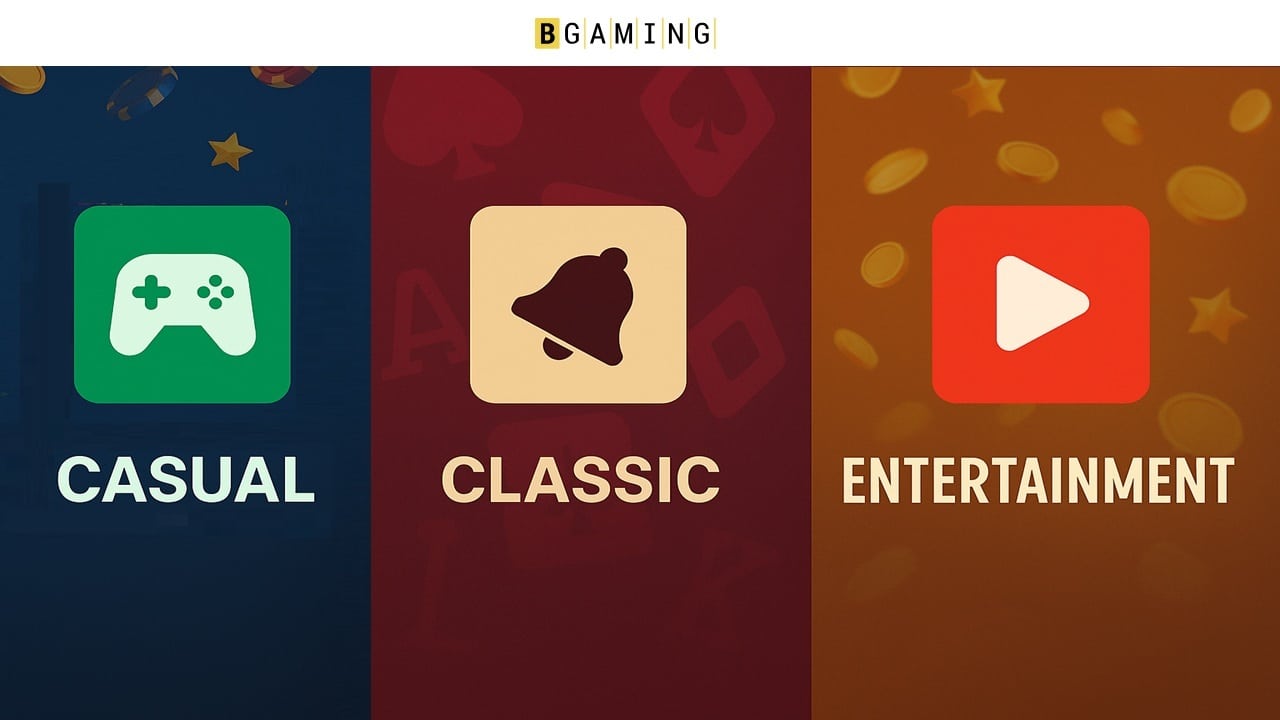
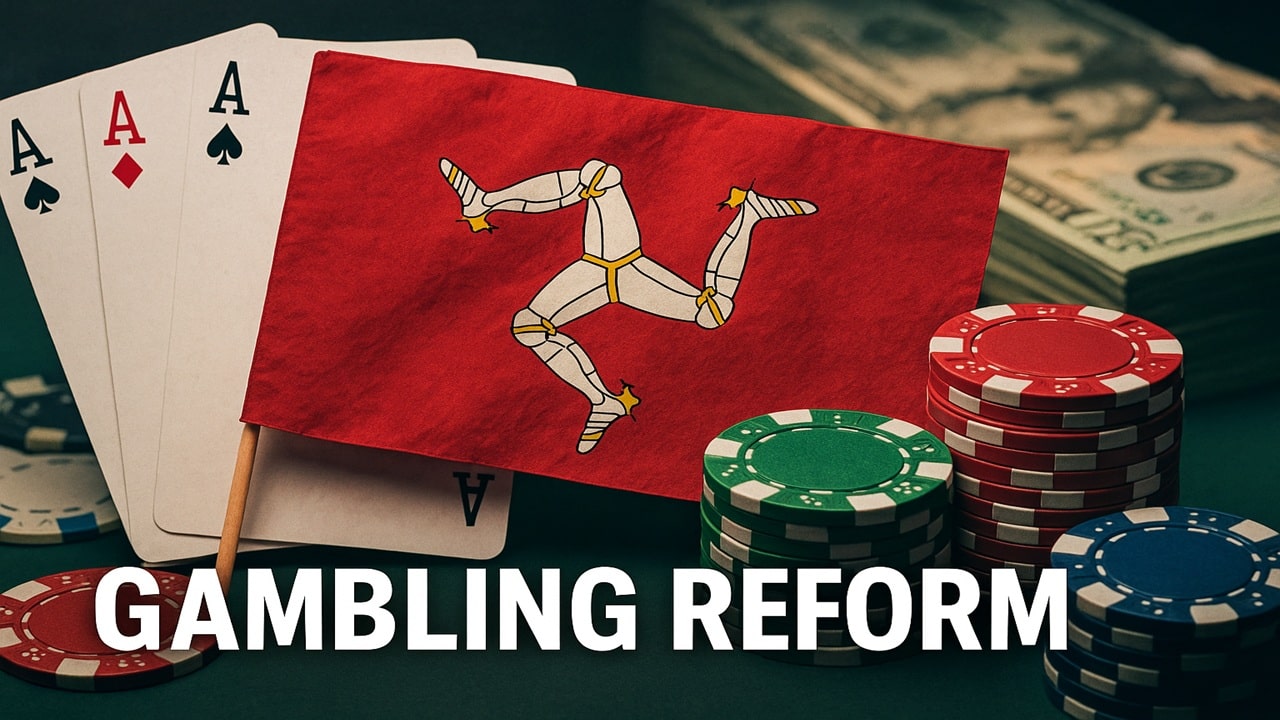
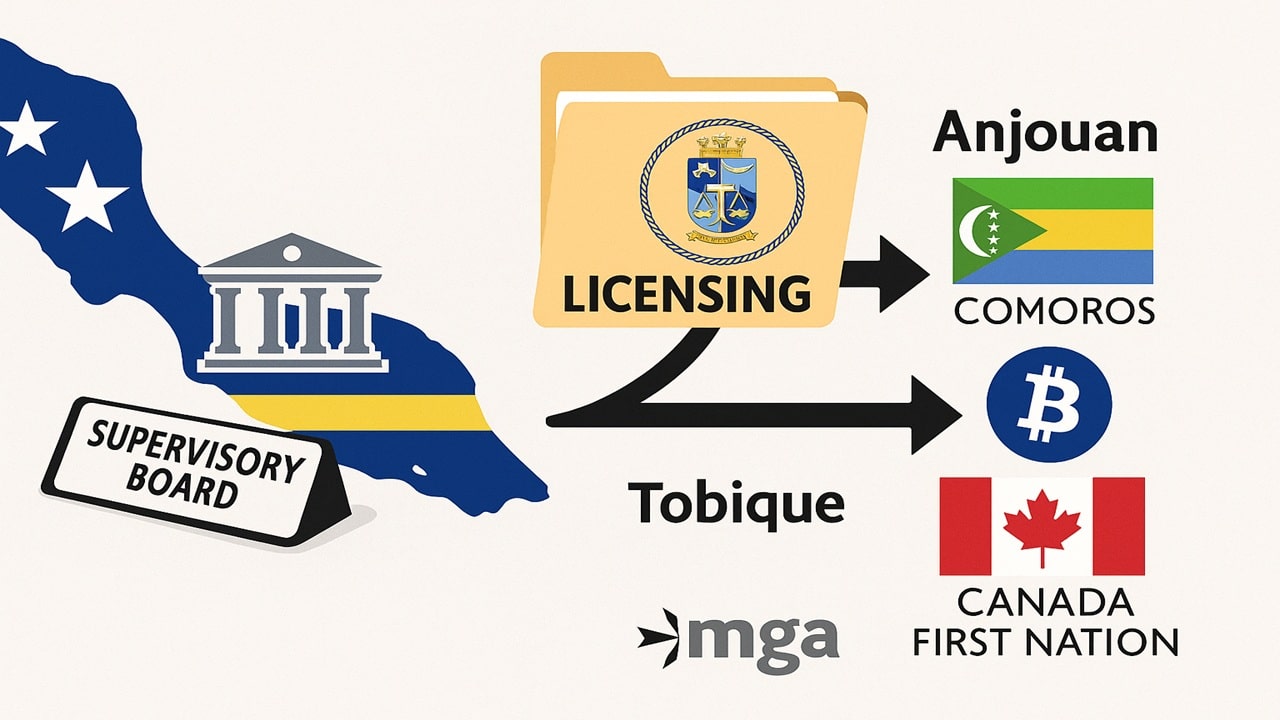
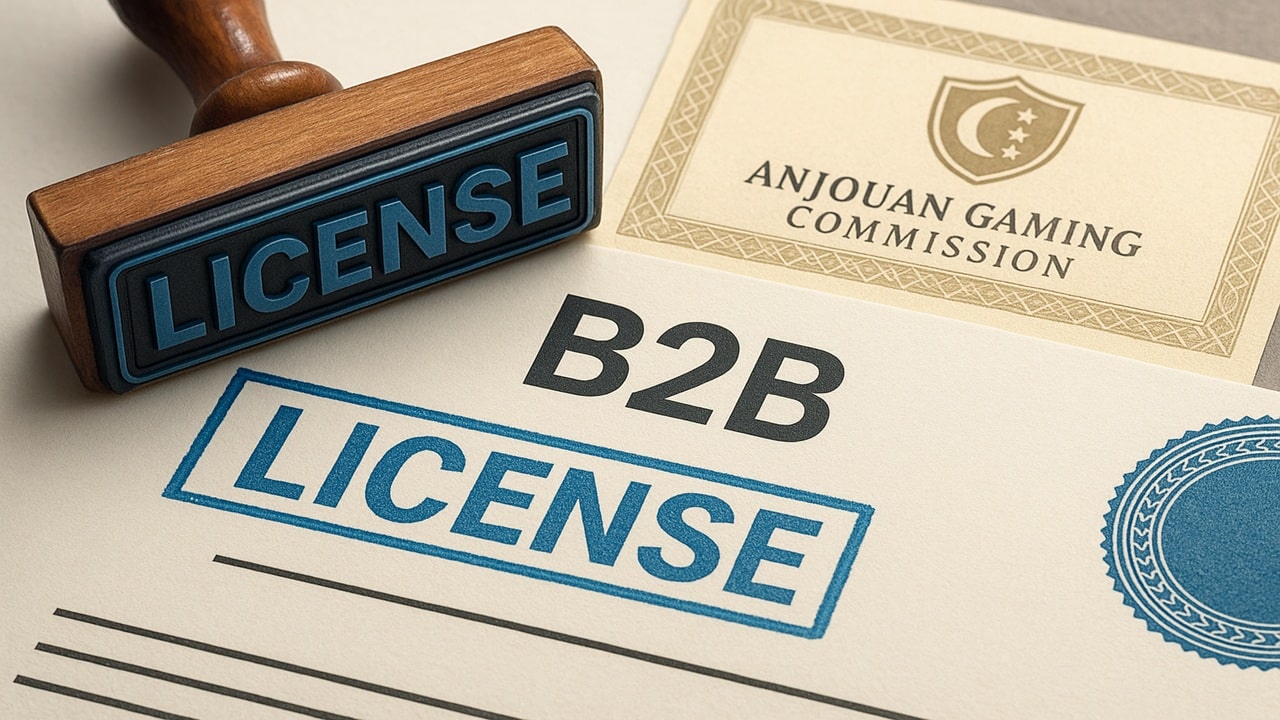
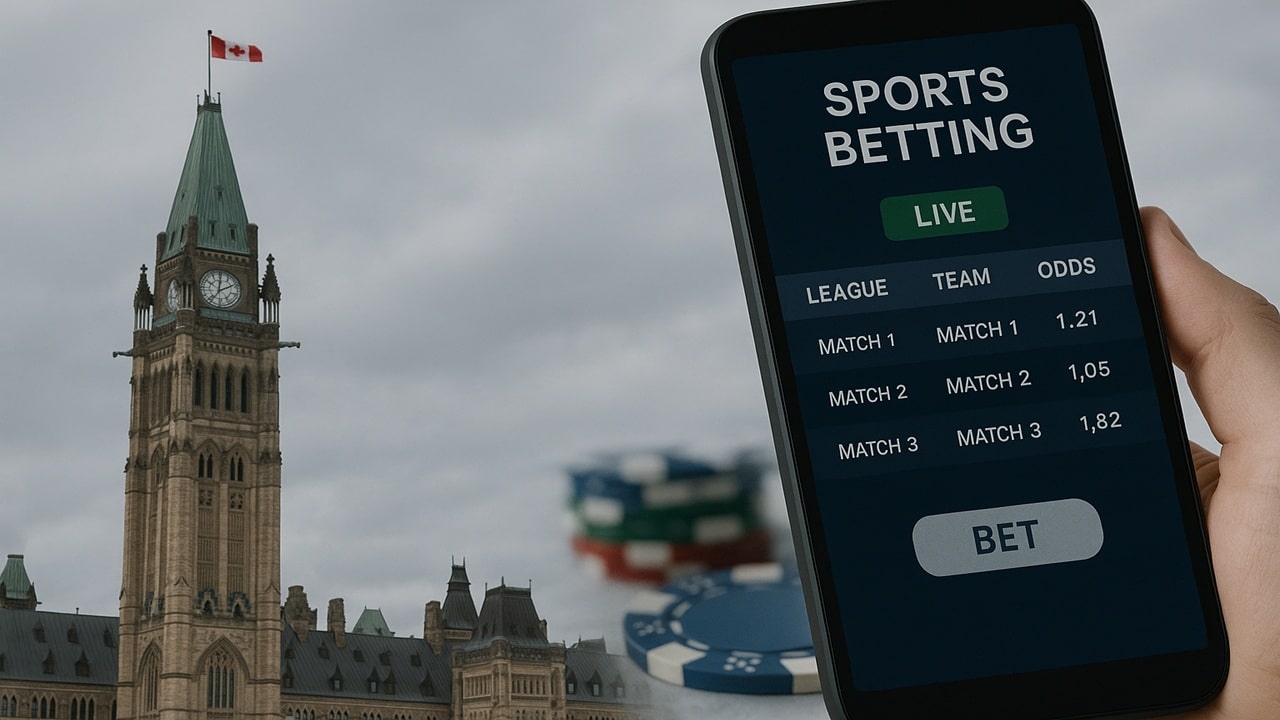
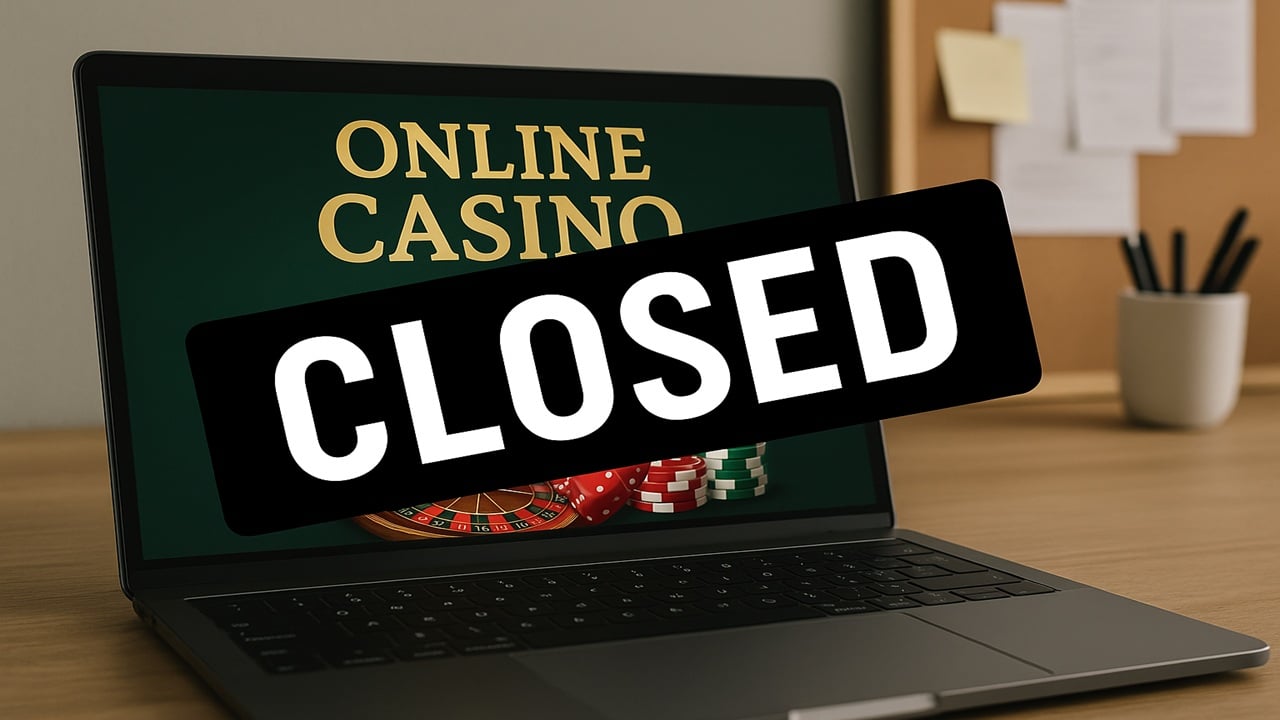
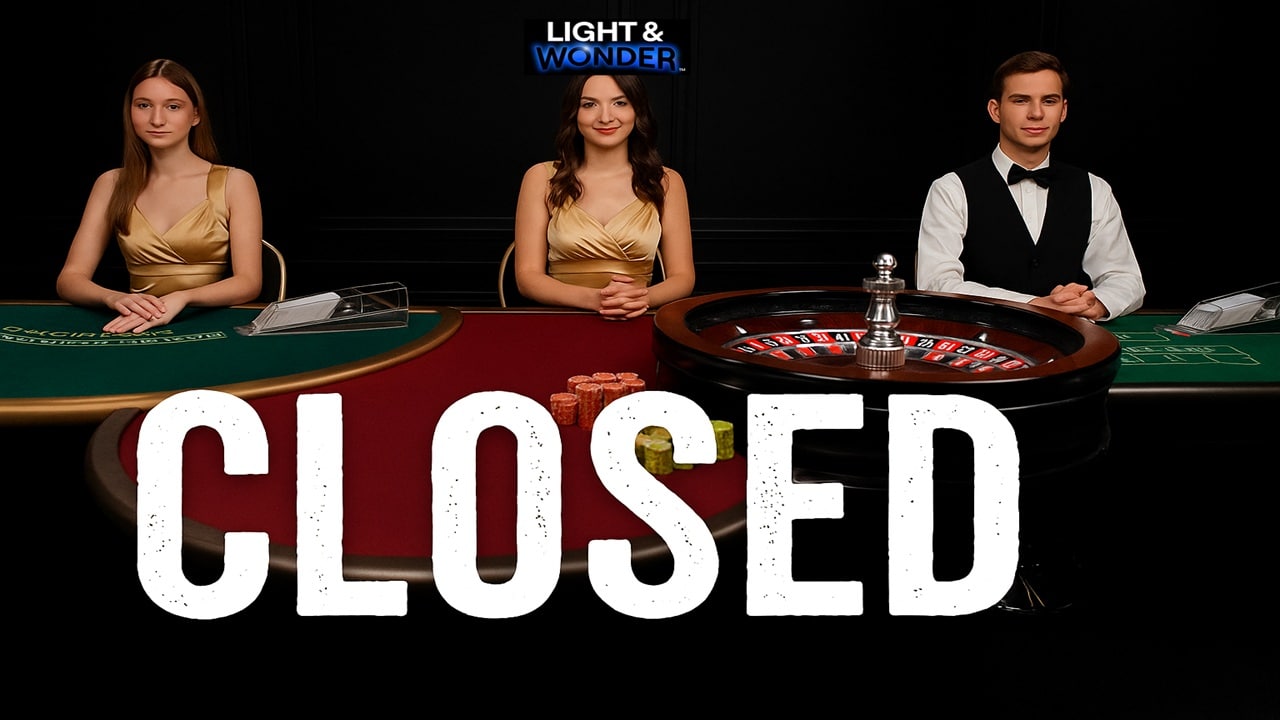


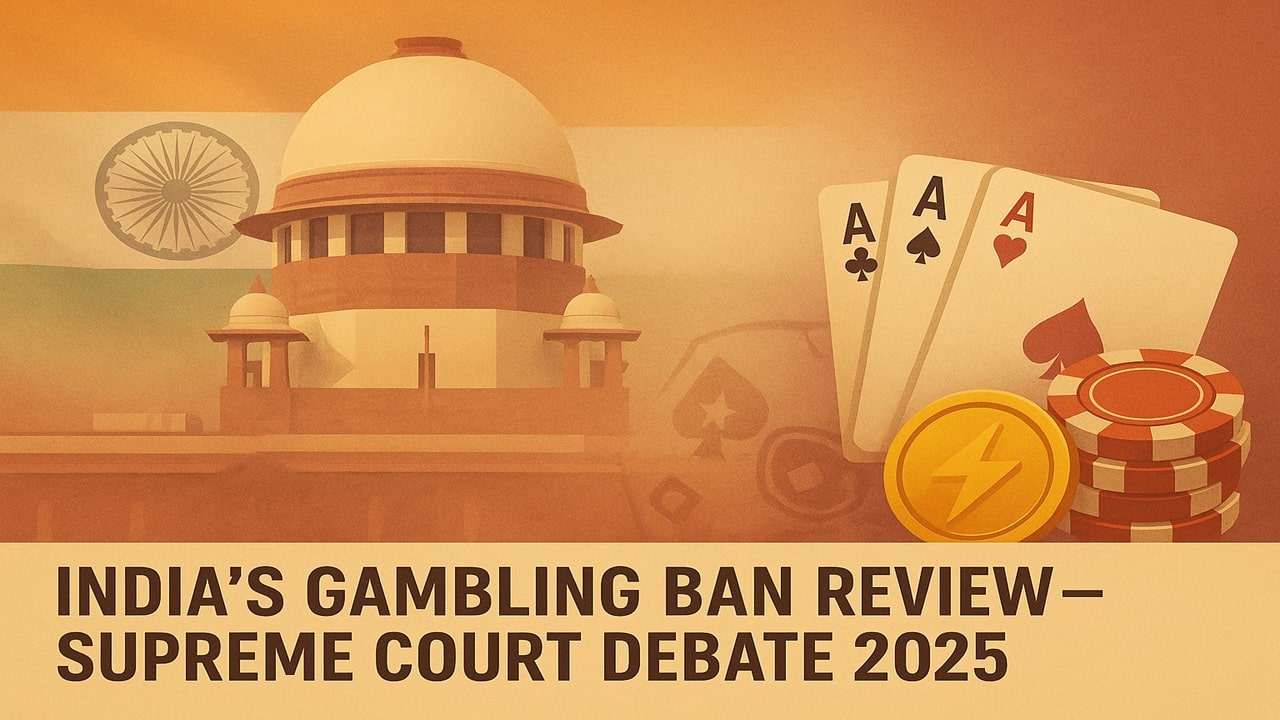

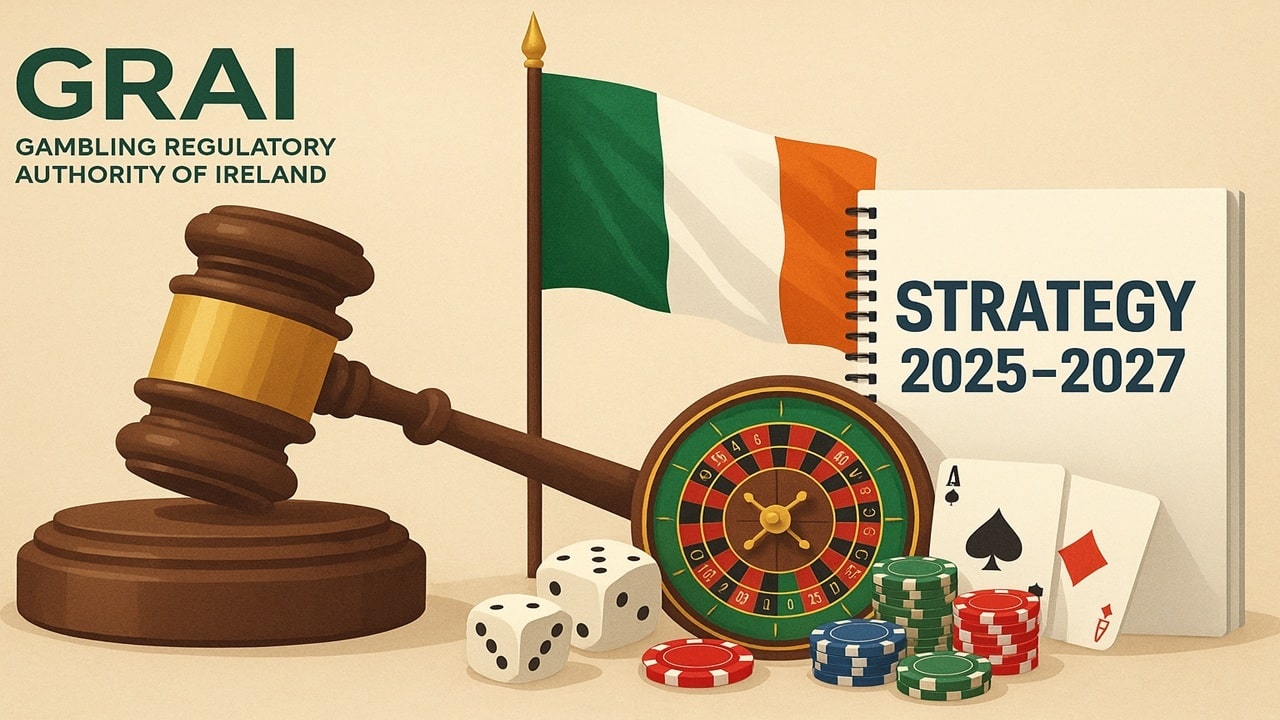
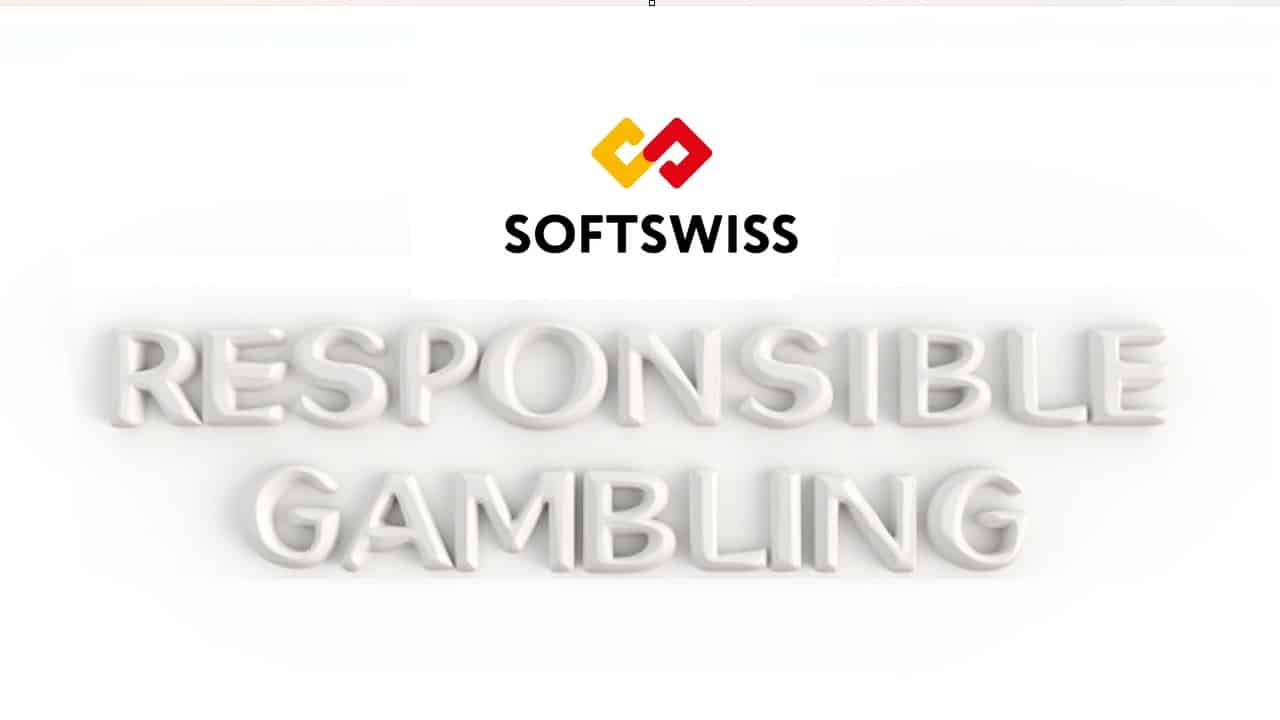
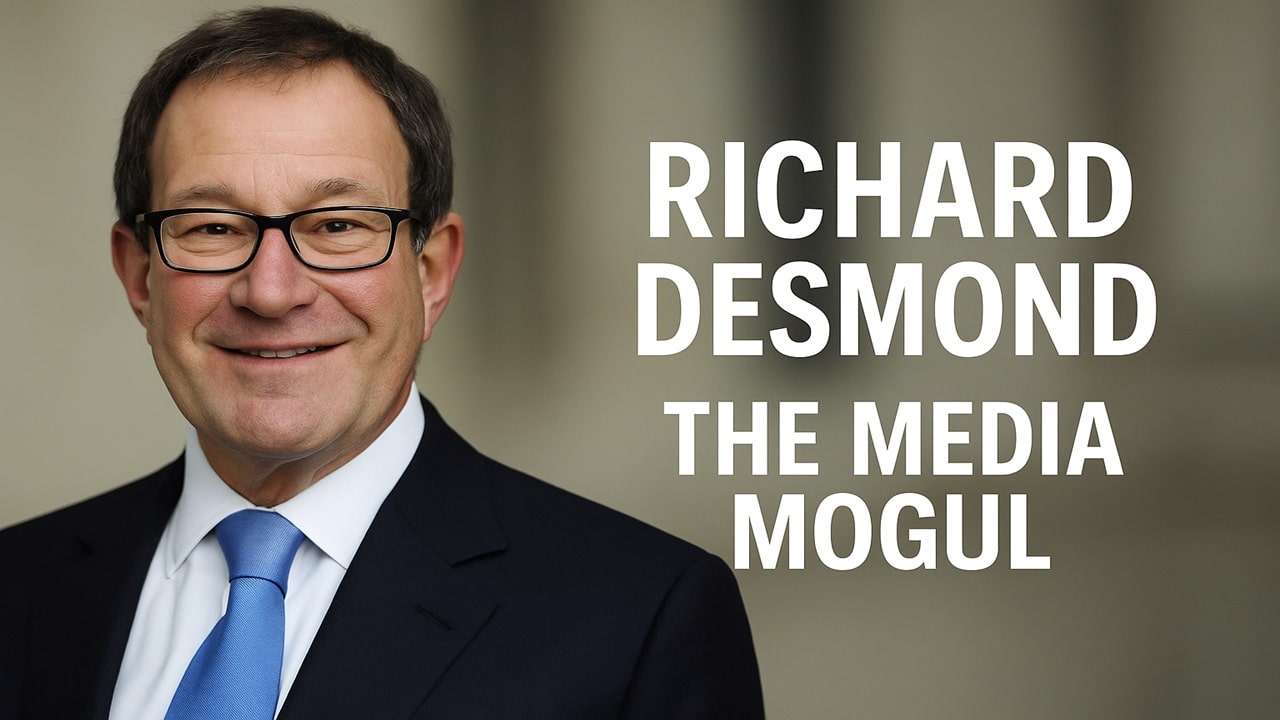

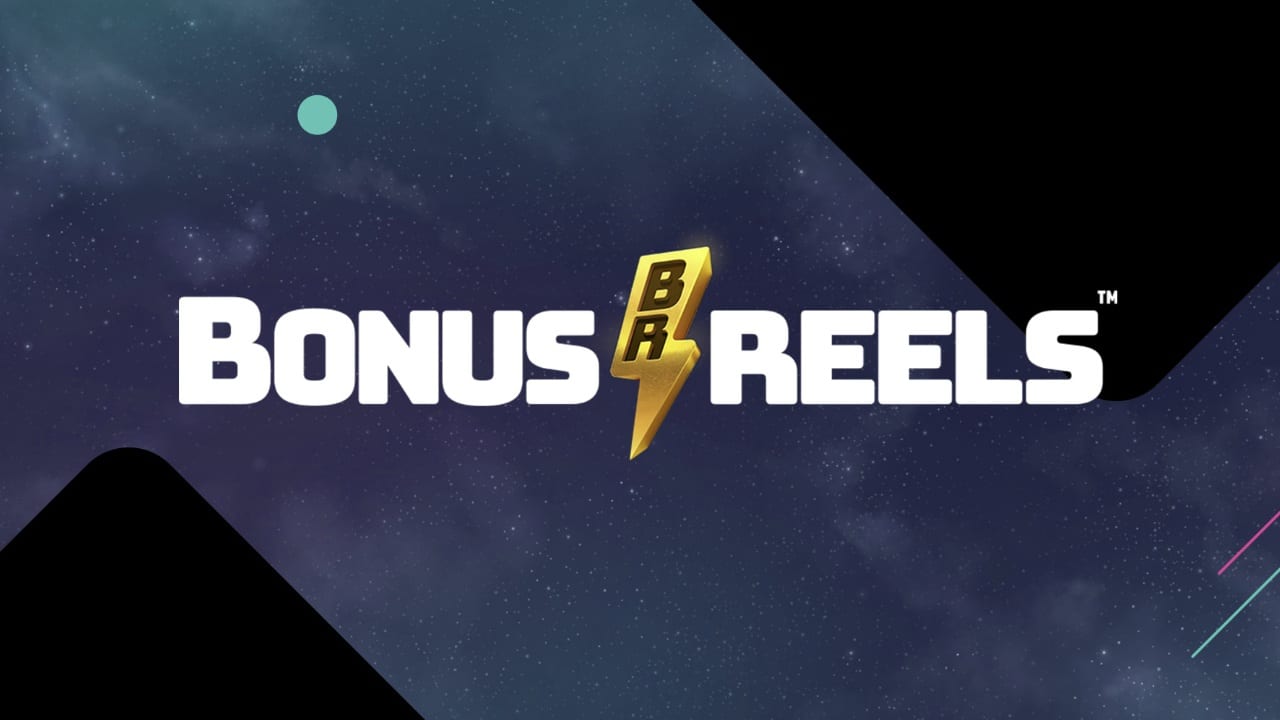
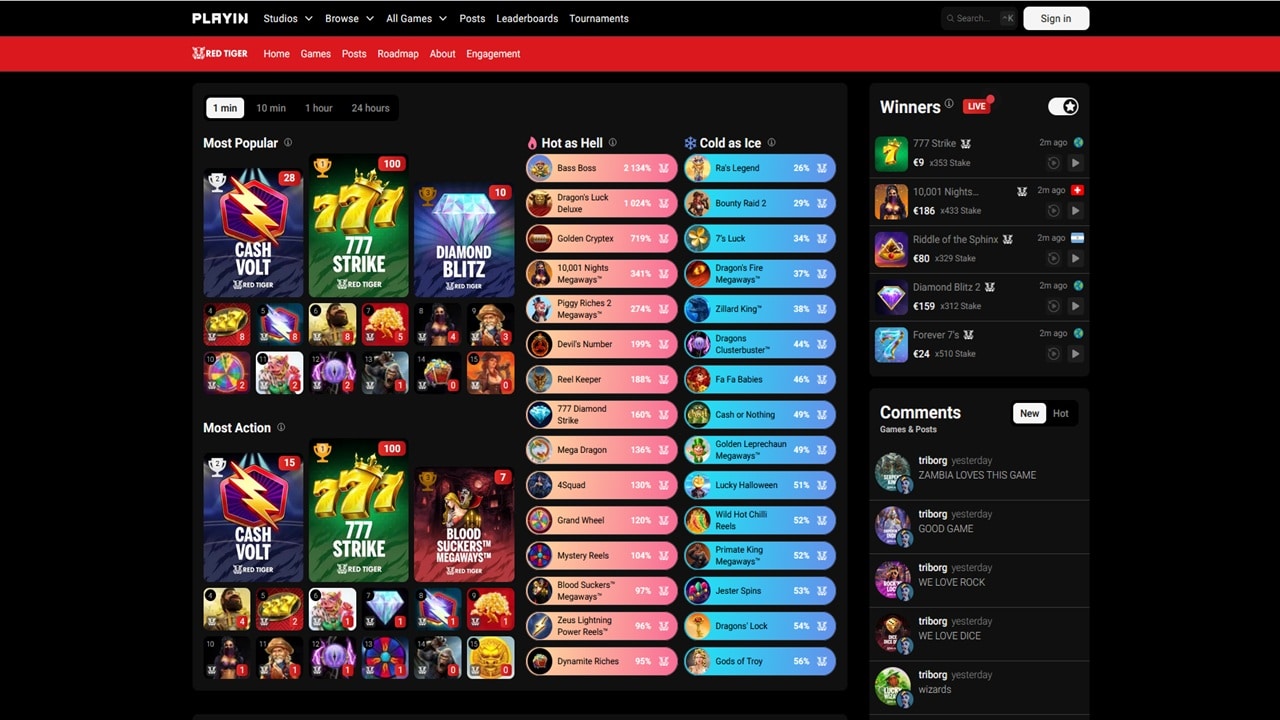
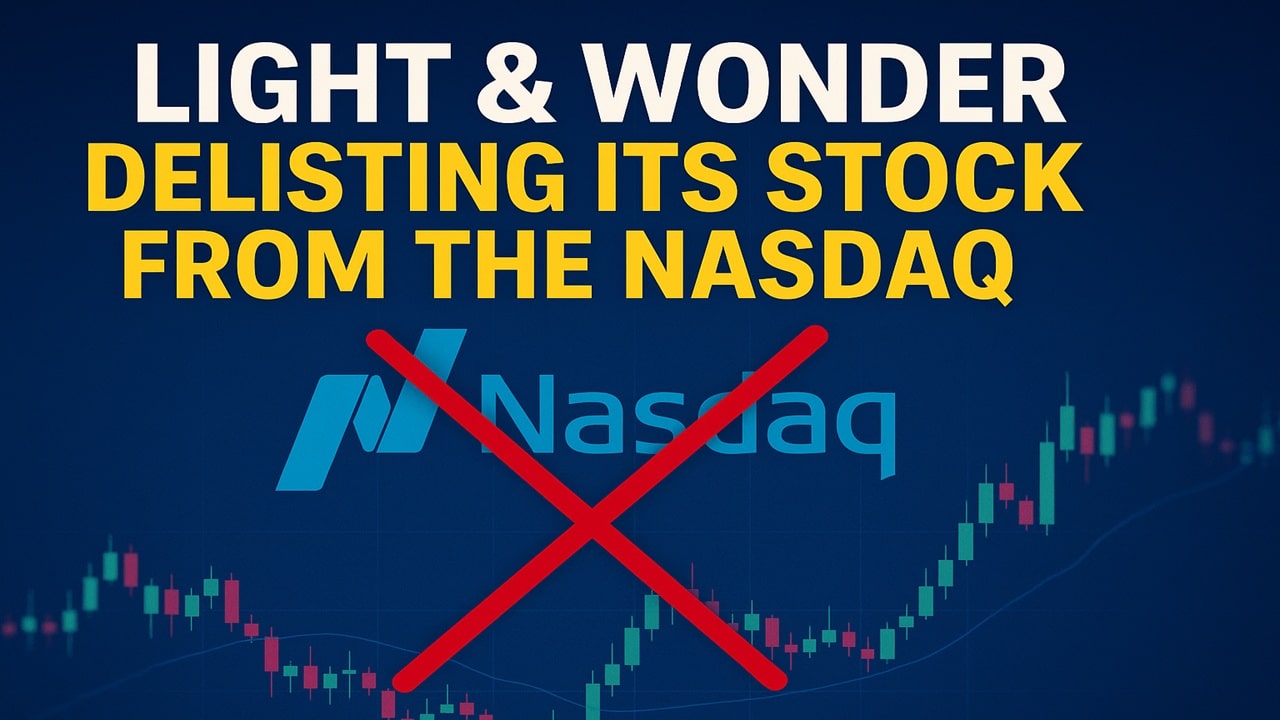




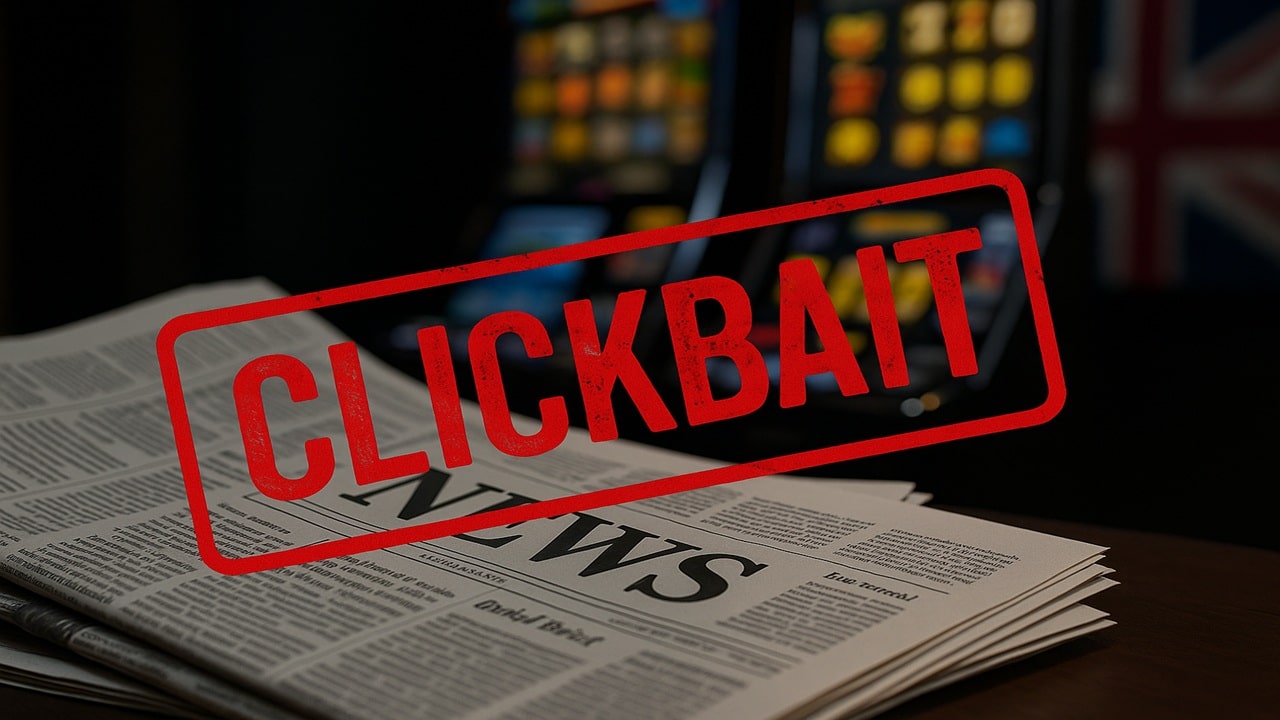

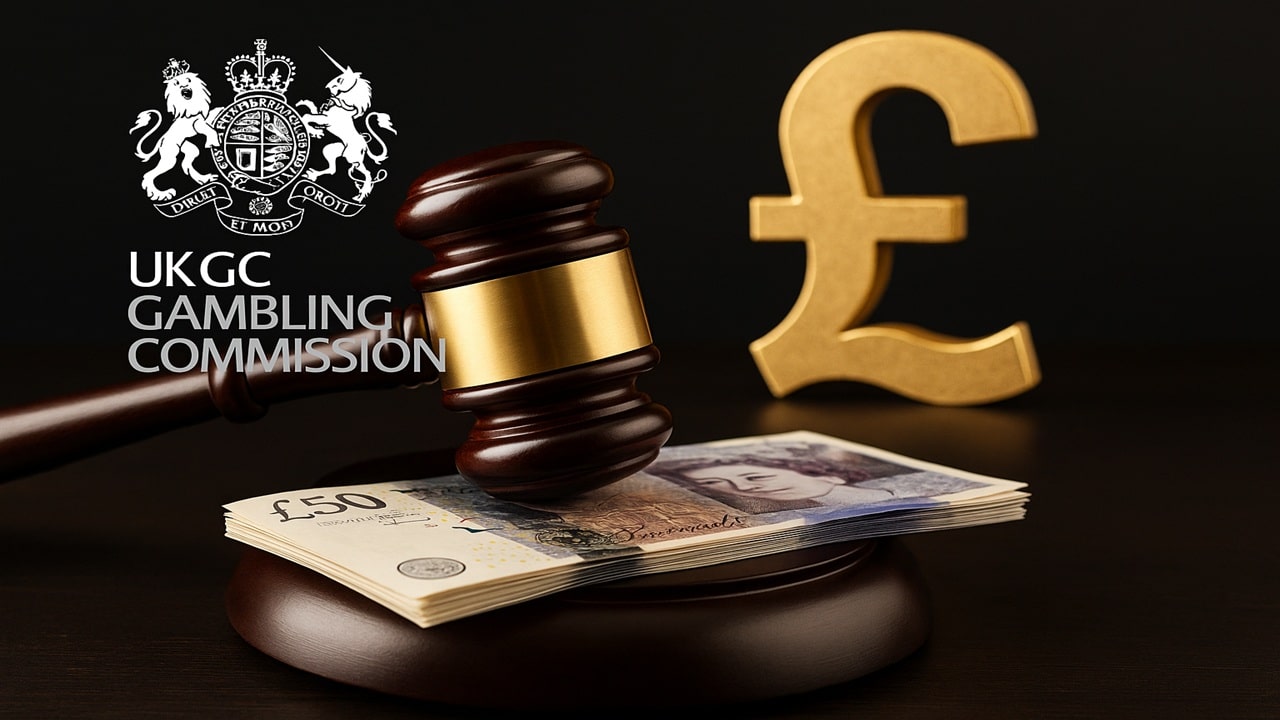
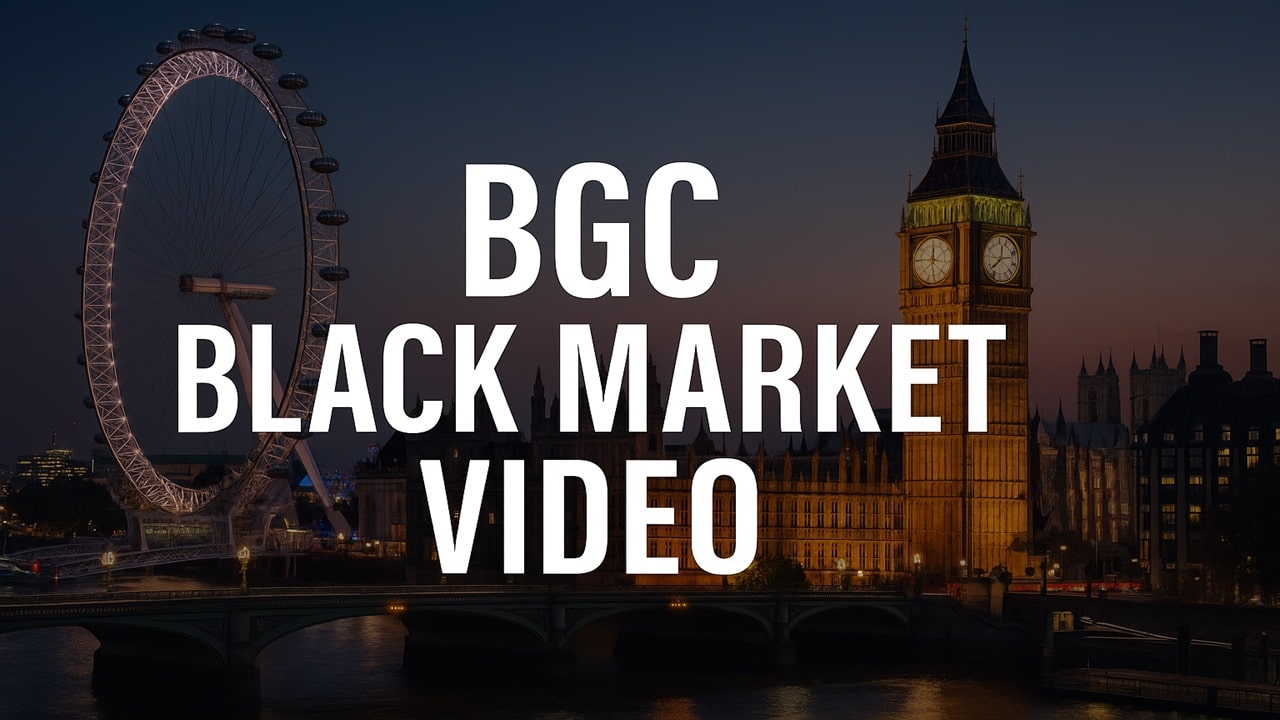


Leave A Comment